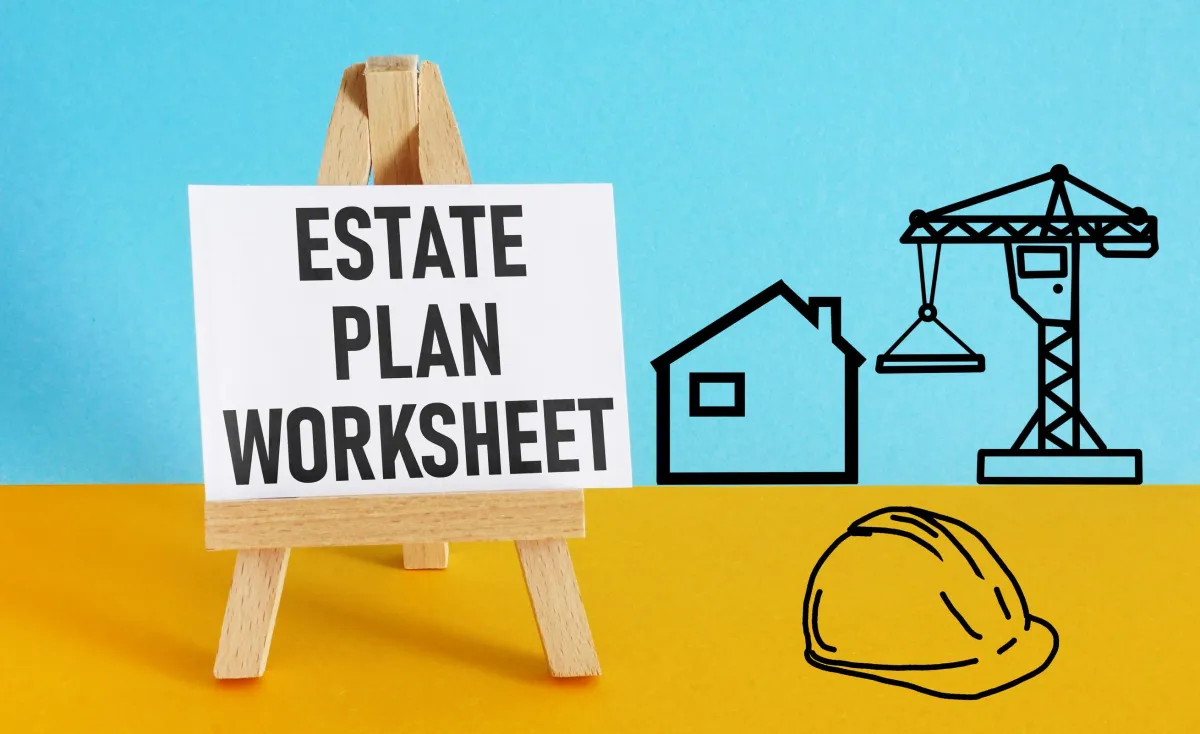
5 Mistakes People Make When They Die Without an Estate Plan
5 Mistakes People Make When They Die Without an Estate Plan
When someone passes away without an estate plan, it’s not just a legal issue—it’s often a deeply emotional one for the family left behind. Unfortunately, many people believe estate planning is only for the wealthy or elderly, so they delay or ignore it altogether. But the truth is, everyone has an estate, and failing to plan for it can cause confusion, conflict, and unnecessary costs.
Let’s look at the five most common (and costly) mistakes people make when they die without an estate plan—and how you can avoid them.
1. Leaving the State to Decide Who Inherits Everything
If you die without a will or trust, your assets don’t just disappear—they go through a legal process called intestate succession. This means the court distributes your estate based on your state’s default rules, not your personal wishes.
That could mean:
A sibling you haven’t spoken to in years inherits your assets.
A life partner (unmarried) receives nothing.
Children from a previous marriage are excluded or treated unfairly.
Solution: Create a will or trust that clearly outlines your wishes and beneficiaries.
2. Burdening Your Family With Probate
Without an estate plan, your loved ones may face months (or even years) of probate court. Probate is expensive, public, and slow. It can cost thousands in legal fees and delay access to money your family may need right away.
Probate also becomes more complicated if there are disputes among heirs or if the estate includes property in multiple states.
Solution: Use tools like living trusts, beneficiary designations, and joint ownership to bypass probate where appropriate.
3. Failing to Name Guardians for Minor Children
If you have young children and no estate plan, the court will decide who raises them if something happens to you and their other parent. Even with good intentions, the judge may select someone you wouldn’t have chosen.
This decision can also spark family conflicts and leave your kids in limbo while the legal process plays out.
Solution: A will allows you to legally nominate guardians who reflect your values and parenting style.
4. Overlooking Health and Financial Decisions
Estate planning isn’t just about what happens after you die—it’s also about what happens if you become incapacitated. Without a healthcare directive or power of attorney, no one may have the legal authority to:
Make medical decisions on your behalf.
Access your bank accounts to pay bills.
Handle urgent legal or financial matters.
Solution: Include a healthcare proxy, living will, and durable power of attorney in your estate plan to ensure someone you trust can step in.
5. Causing Conflict Among Loved Ones
When there’s no plan, family members are left to guess your intentions—and those guesses often don’t align. That can lead to tension, resentment, and even costly legal battles.
Disputes over money, keepsakes, funeral wishes, or real estate can divide families for years.
Solution: Clearly communicate your wishes, document them legally, and update your plan regularly to reflect changes in your life or relationships.
Final Thoughts
Estate planning isn’t morbid—it’s an act of love. It protects your family, honors your values, and gives everyone peace of mind during one of life’s most difficult times. Whether your estate is large or modest, having a plan in place helps ensure your legacy is handled the way you want it to be.
Don’t leave your future up to chance. Talk to a trusted estate planning attorney or advisor today and take the first step toward protecting everything you’ve worked for.